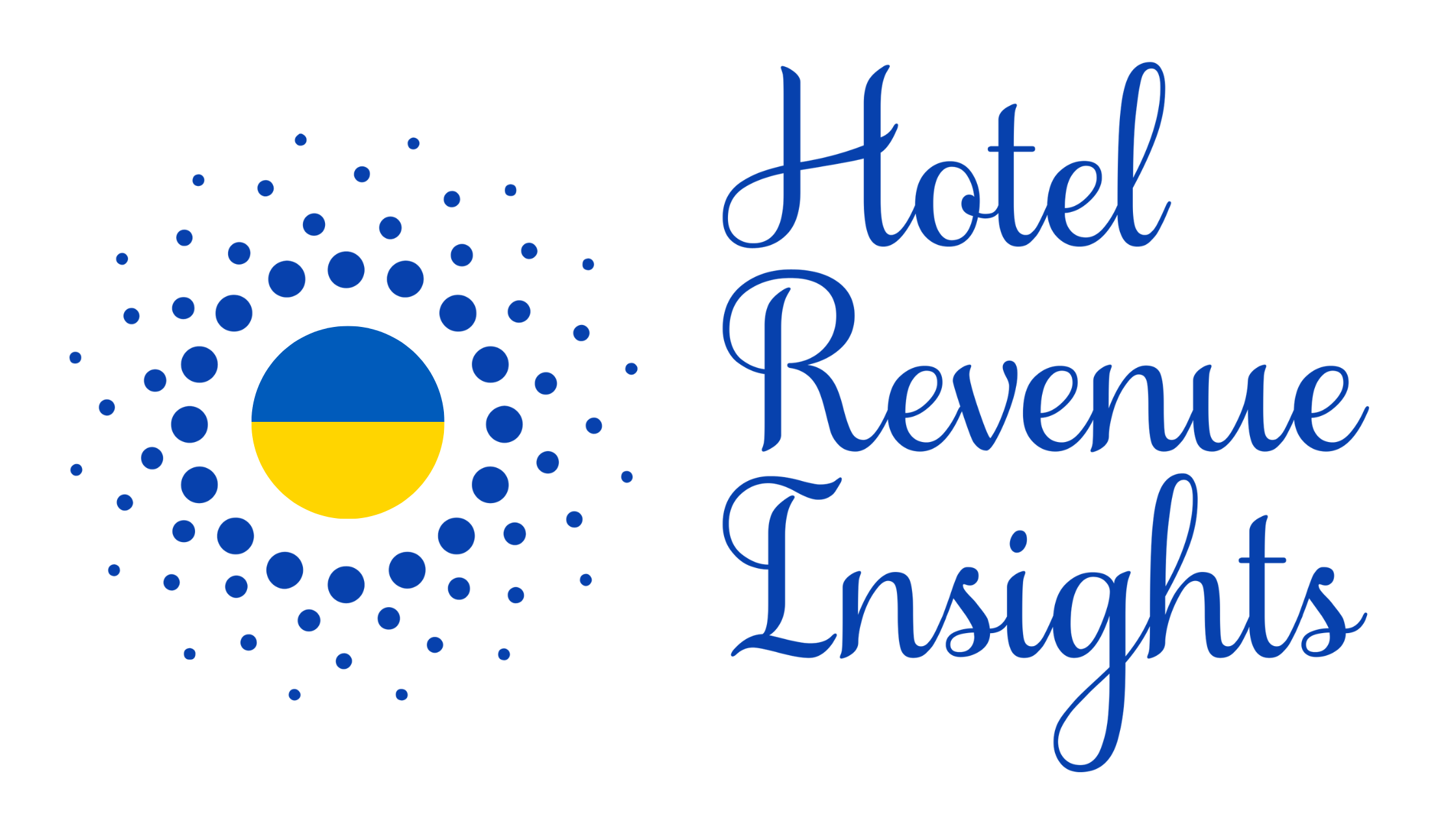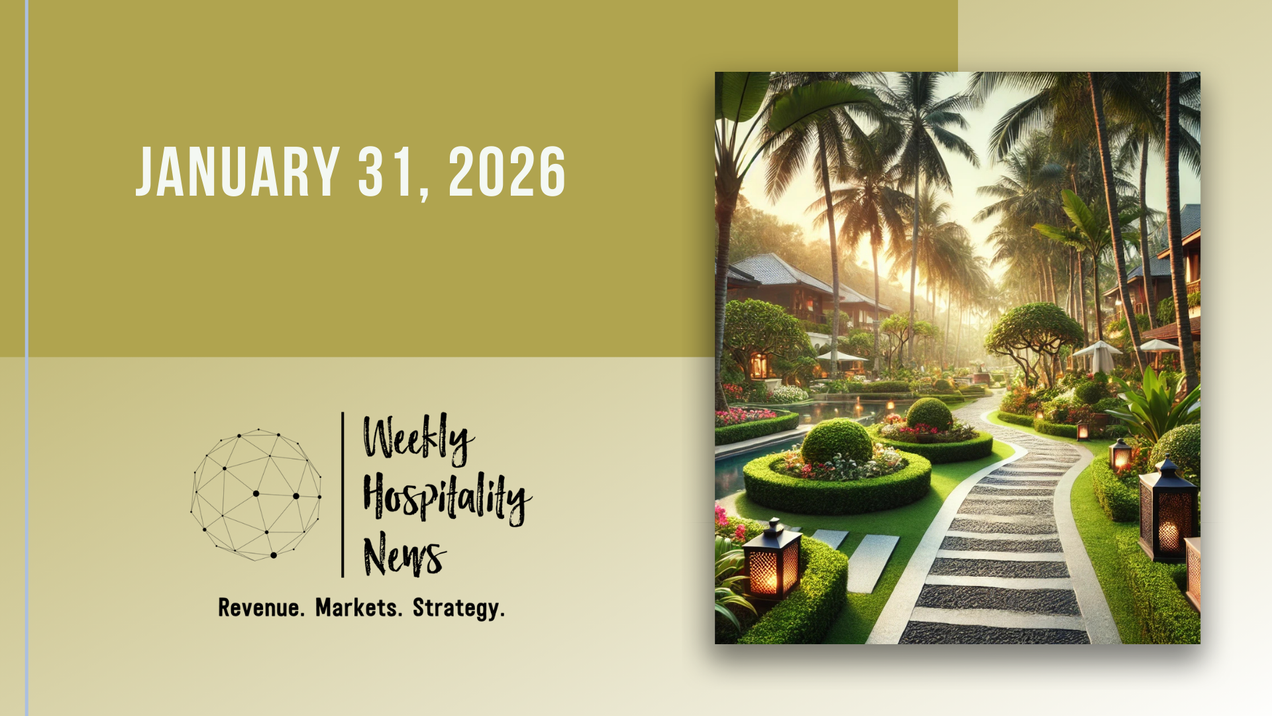
Weekly Insights. July 26, 2025
Best hospitality industry articles focused on 💵revenue, 📊markets, and 🎯strategy (Jul 20 - Jul 26, 2025).
Future-proofing hospitality: Rethinking succession planning
The article explains that many hotels treat succession planning as a last‑minute fix when a leader leaves, which can disrupt operations and erode brand strength; instead, it recommends building a long‑term pipeline of future leaders, mapping development over several years, and knowing when to bring in outside talent, with executive search partners playing a supporting role, so the organization remains resilient and guest service stays consistent through leadership changes.

With regular search being replaced by AI summaries and conversational search, how should hotels manage their content?
This Hospitality Net viewpoint brings together industry experts who explain that the rise of AI summaries and conversational search is reshaping how travelers find hotels; they advise keeping traditional SEO foundations strong while expanding into generative engine optimization by producing clear, context‑rich content, spreading it across trustworthy channels and guest reviews, and making sure it answers real questions in natural language so both people and AI can easily surface and act on what makes each property unique.
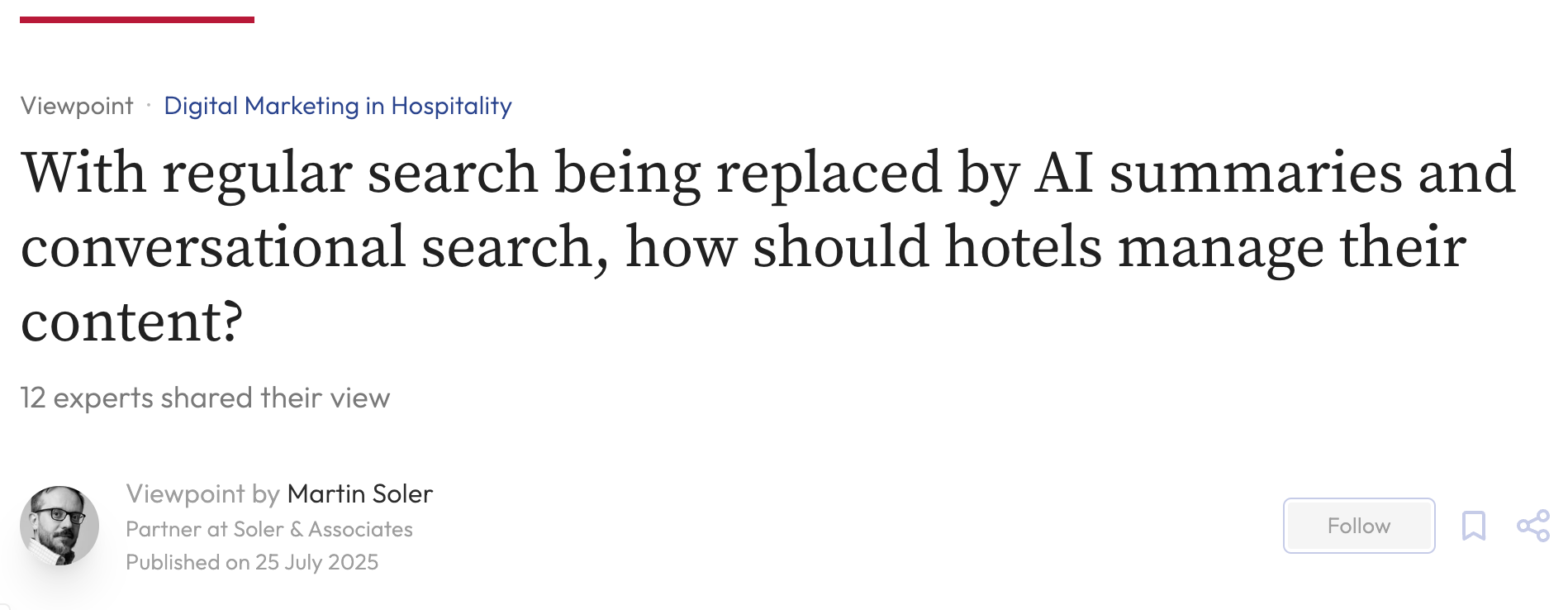
Property management software report 2025: Features & pricing compared
HotelFriend’s 2025 guide explains what property management systems do, compares ten leading platforms on features, support, and true cost, and shows how extra modules can raise monthly spending far beyond headline prices; it provides pricing scenarios for a typical mid sized hotel, outlines per room, flat rate, and enterprise models, and ends with a practical checklist covering automation, integrations, compliance, and local support so hoteliers can choose the system that truly matches their property and budget.
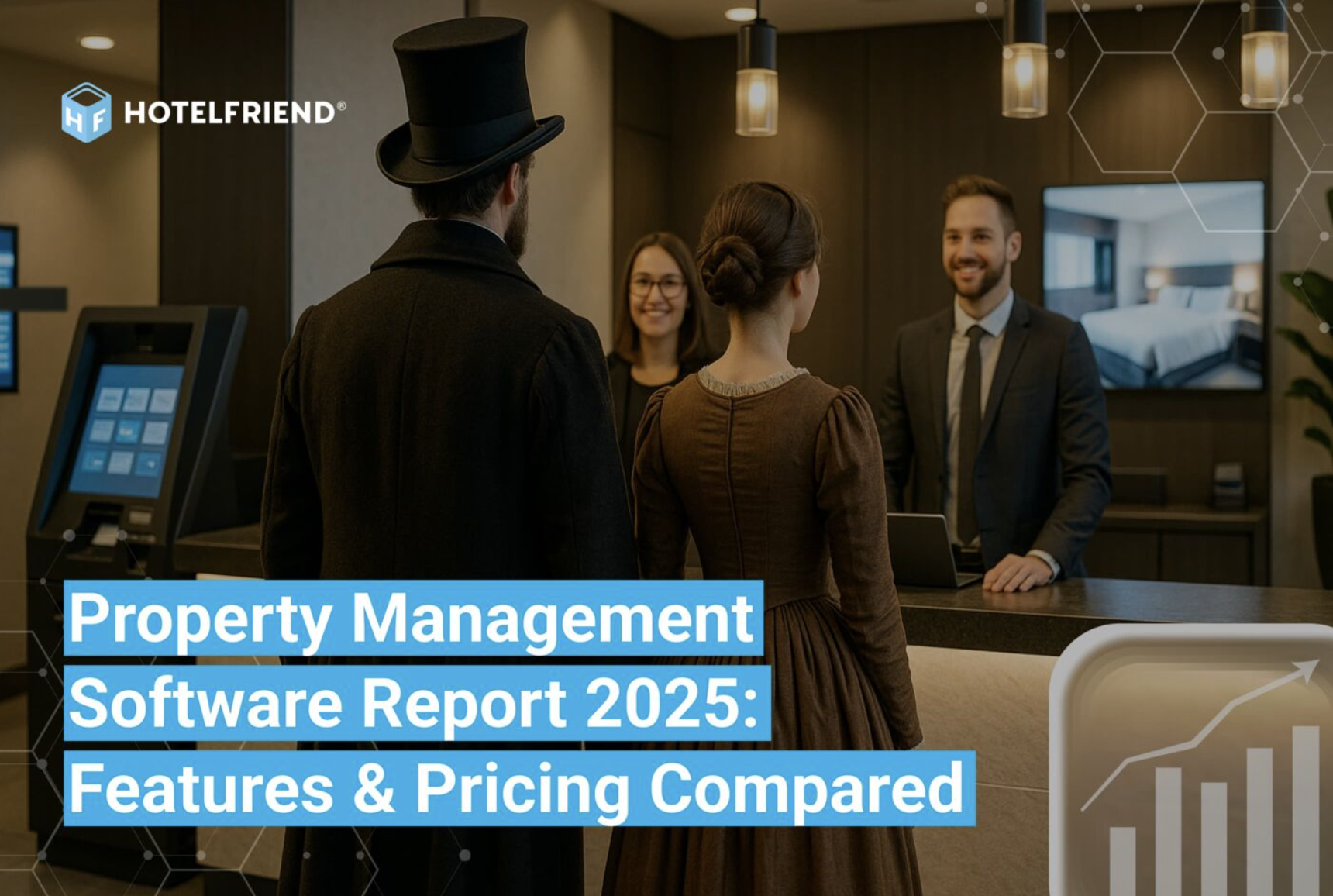
How AI and local SEO are transforming digital visibility, guest experience, and ROI in hospitality
The article explains how artificial intelligence and local SEO are now essential for hotels to remain visible online and meet guest expectations. It says search is shifting from simple keywords to conversation style queries handled by AI tools like ChatGPT, so hotels must use structured data, accurate location information, and helpful local content that both humans and AI can easily understand. By keeping listings consistent, adding schema markup, personalizing offers, and updating content in real time, hotels can appear in AI driven searches, improve guest engagement, and increase bookings.
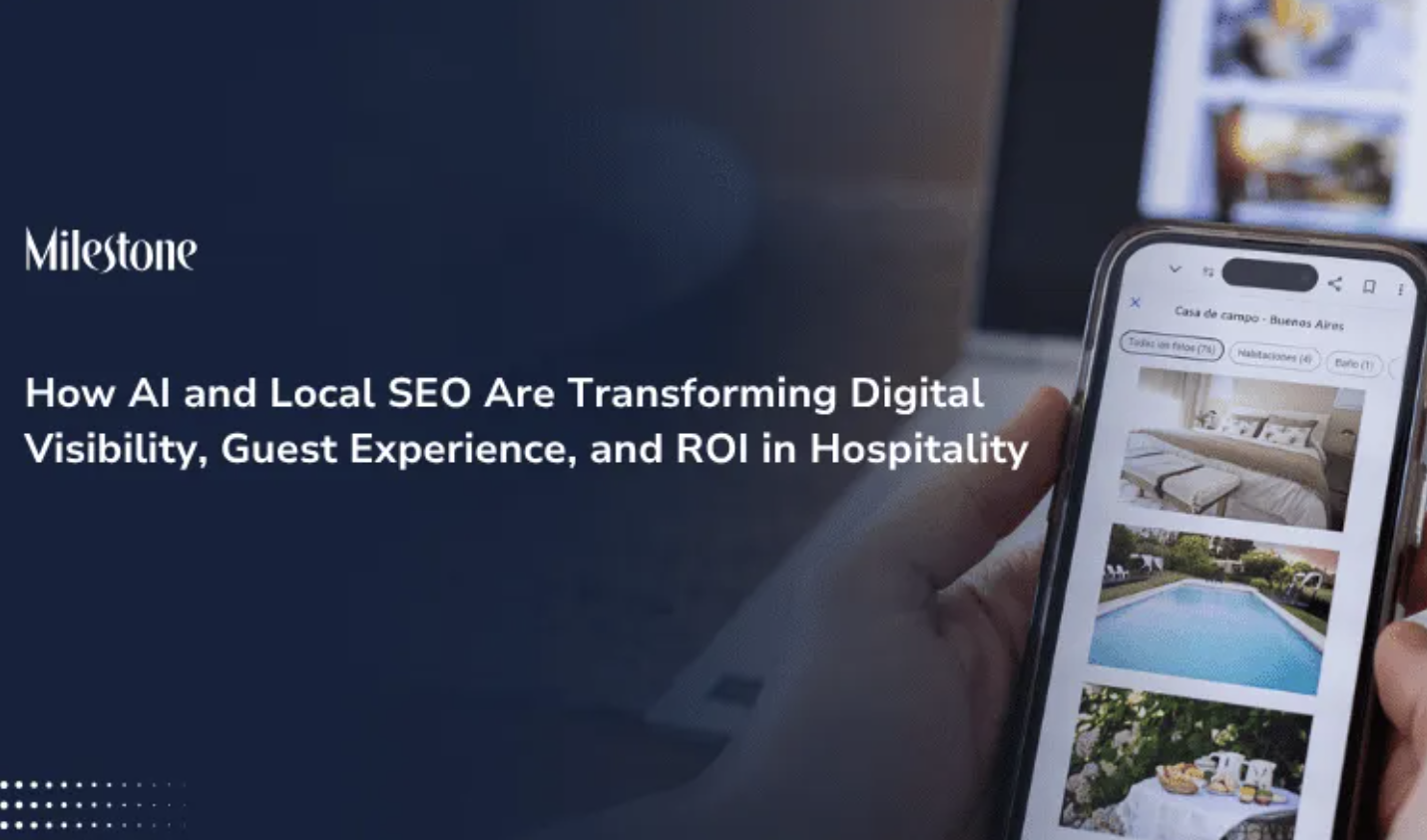
The smart way to do personalization in group sales
The article explains that winning group business now depends on personalizing every step of the sales process so meeting planners feel understood rather than receiving a one size fits all pitch. Using smart data, clear audience segments, and AI tools, hotel brands can tailor proposals, timing, and messaging to what a planner values, ensure this standard is consistent across all properties, and convert more RFPs into booked business.

The most ignored metric in revenue management? Return on time invested
The article argues that revenue managers should track Return on Time Invested, not just financial metrics like ADR or RevPAR, because hours lost on low value tasks drain productivity and morale. It illustrates this with three common time sinks: lengthy forecast meetings that add little insight, exhausting battles over OTA rate parity that seldom resolve the issue, and manual pickup reports few people read. Fabian urges teams to audit recurring tasks, automate or eliminate work that does not improve decisions, and treat time like capital, investing it where it delivers clear, compounding returns.

Do’s and don’ts of converting travel browsers into bookers
The article presents practical do and do not rules for turning hotel website visitors into confirmed guests. It advises streamlining the booking process, adding visible security cues and guest reviews to build trust, using early personalization, promoting clear direct booking perks, placing strong calls to action, and showing prices and availability upfront. It cautions against slow or confusing mobile pages, cluttered home screens, hidden fees, aggressive pop ups, false urgency messages, and missed remarketing opportunities. By removing friction and tailoring content to guest intent, hotels can increase direct booking conversions and recover lost revenue.

Follow on LinkedIn
